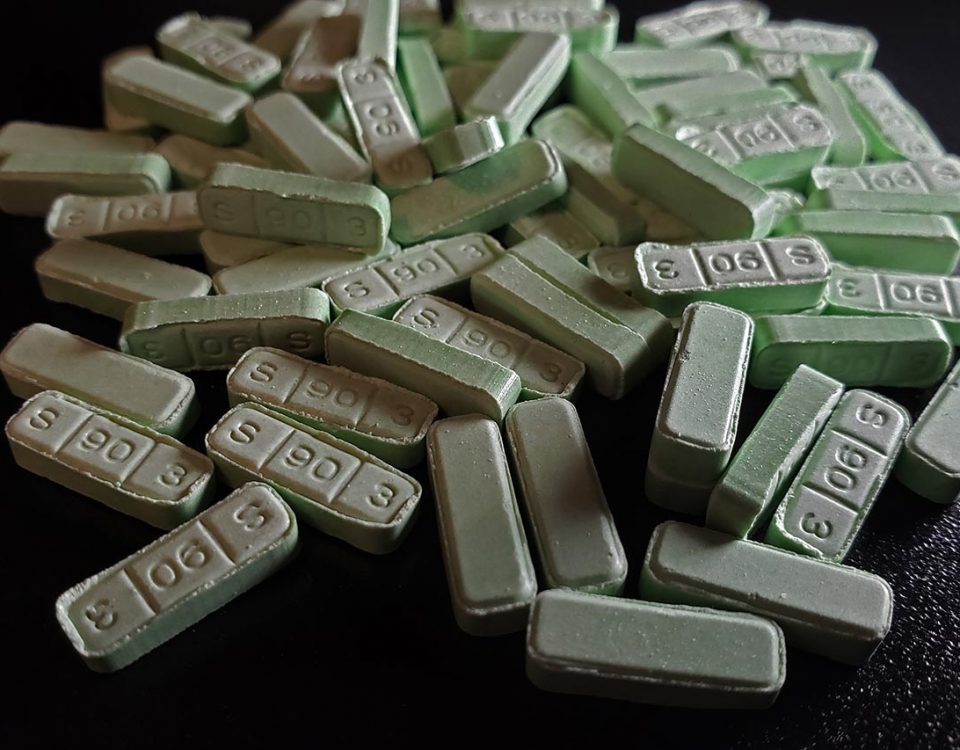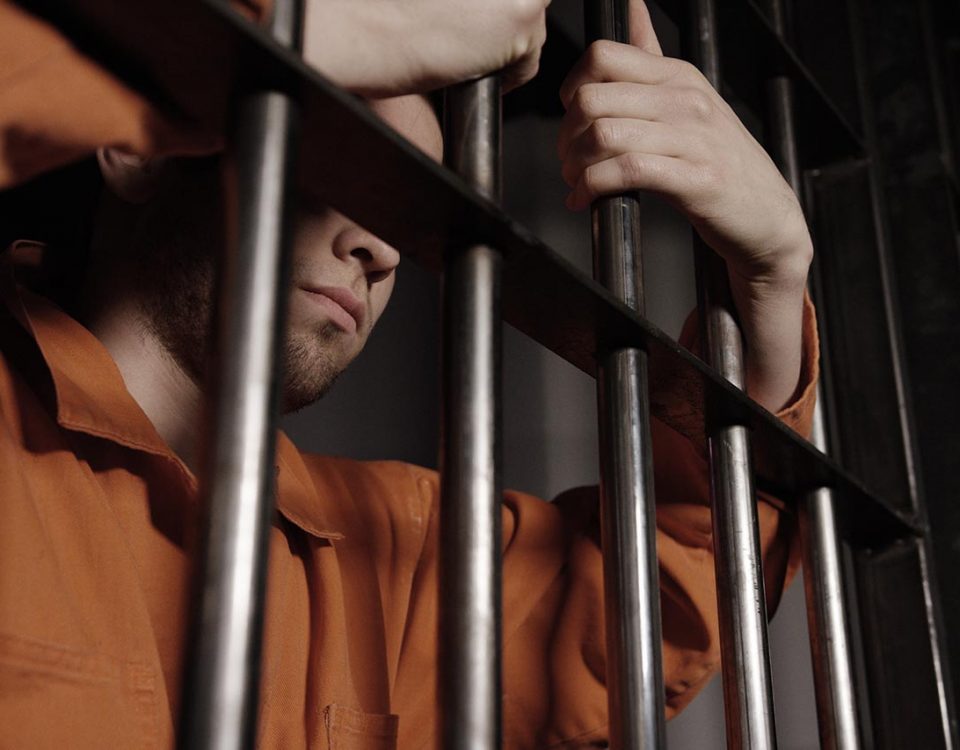Is addiction a disease or a choice? Many people would agree that a life consumed by drugs isn’t one that any person would choose for themselves. Those who have lost loved ones to drugs strongly believe that addiction is not anyone’s choice. We couldn’t help but join the “addiction is a choice” debate, considering that this misunderstanding is what often fuels prejudice and stigma related to substance use disorders. The experts at our rehab in Massachusetts are diving into the definition of drug addiction and whether it’s a disease or a decision.
What Is Drug Addiction?
In simple terms, drug addiction is the strong compulsion or urge to get and use substances like drugs or alcohol, regardless of the consequences. For instance, a person who continues to use cocaine despite the harm it does to themselves or their loved ones has an addiction.
Also referred to as substance use disorders, addiction has also been described as a medical disorder that impacts the brain and changes the individual’s behavior. Various substances, including alcohol, illicit drugs, prescription drugs, and even some over-the-counter medications, can lead to addiction.
Although there are behavioral addictions, such as sex and gambling addiction, today, when mentioning addiction below, we’re referring to drug abuse.
Disease Model of Addiction
Although the disease model of addiction emphasizes the need to treat substance abuse as a condition, the definition of addiction varies among people, organizations, medical professionals, and society. The National Institute on Drug Abuse (NIDA), the Substance Abuse and Mental Health Services Administration (SAMHSA), and the National Institutes of Health (NIH) all describe addiction similarly as a long-term and relapsing condition marked by an individual compulsively seeking and using drugs despite the repercussions.1
These organizations believe drug addiction is a disease because addiction changes how the brain responds to situations involving reward, stress, and self-control, and these changes are usually long-term and can persist even after the person has stopped using the substance in question. To better understand this concept, you could compare addiction as a disease to heart disease:1
- Both addiction and heart disease impair the regular functioning of an organ in the body, the heart in the case of heart disease and the brain in the case of addiction.
- Both heart disease and drug addiction can lead to a decreased quality of life and an increased risk of premature death.
- Addiction and many forms of cardiovascular disease are preventable by following a healthy lifestyle and avoiding poor choices.
- Both conditions are treatable to avoid further damage.
What’s more, since addiction is often characterized by intervals of recovery and relapse (symptom recurrence), it resembles other diseases, such as hypertension and type-2 diabetes.2 These are both life-long conditions that require consistent treatment and effort to manage.
Seeing Addiction as a Choice
On the other hand, many people would argue that drug addiction is a choice, not a disease, for several reasons:
- Addiction is not transmissible or contagious.
- Addiction is not autoimmune, hereditary, or degenerative.
- Addiction is self-acquired, implying that the person gave the condition to themselves.
Proponents of this side of the debate focused more on the social and environmental factors of addiction instead of the changes that occur in the brain as a result of substance abuse. Other schools of thought believe addiction treatment is little more than the person deciding to stop using drugs or alcohol.4
Specific points of these arguments are difficult to refute. For instance, most substance use disorders indeed began with a decision (although many began with a prescription from a doctor for a diagnosed medical issue that evolved into an addiction). However, while no one forced an addicted person to begin abusing drugs in the first place, it’s hard to imagine someone consciously choosing to ruin their health, relationships, career, and other major areas of their life.
If overcoming addiction were as simple as choosing to stop, then the problem of addiction would be much easier to address and rectify. We also want to point out that the idea that the “drug abuse is a choice” view is usually from an individual or small group standpoint.
There are few, if any, nationally recognized addiction-centered organizations whose views don’t fall into the addiction is a disease or choice side. The American Psychiatric Association (APA), for example, replaced “addiction” with “substance use disorders” to describe conditions associated with compulsive and habitual substance abuse. The change was made to avoid confusion about addiction and its uncertain definition, as well as the negative stigma attached to it.
Additionally, if we were to say that addiction is the result of the person’s initial choice to use drugs, then couldn’t we say the same about heart disease? Cardiovascular disease is often the result of poor choices like unhealthy eating habits, so if we used that same line of thinking, wouldn’t we say the same for this?
Just as cardiovascular disease can run in the family, there are also biological factors that increase the person’s risk of developing addiction between 40% and 60%, including:1
- Genes
- Epigenetics (the way the environment impacts gene expression)
- Gender
- Ethnicity
- Stage of development
The person’s developmental stage is also important, considering teens who use drugs are more likely to develop an addiction and remain addicted into adulthood.1 There are also protective factors and risk factors for addiction. The former protects the individual, while the latter makes it more likely that they’ll become addicted.
Risk factors include:
- Family history of addiction
- Family history of mental illness
- Dysfunctional home life
- Adverse childhood experiences (ACE), such as neglect or abuse
- Unsupportive community
- Easy access to drugs or alcohol
Protective factors include:
- No family history of addiction or mental illness
- Good physical health
- Healthy home life
- Access to positive resources and community support
- Academic success
- Strong impulse control
The risk of addiction also depends on how the drug is administered. Certain routes will produce stronger highs or side effects, such as injecting a drug versus smoking or swallowing it. Intense highs occur rapidly and dissipate quickly, further encouraging drug use. In the end, addiction becomes the most likely outcome.
Is Addiction a Choice or a Disease?
Ultimately, addiction can be seen as both a disease and a series of choices. Although the initial decision to use substances may not stem from a desire to become addicted, addiction often develops as a result. Long-term substance abuse can lead to neurological changes and significantly impact an individual's ability to make rational decisions and exert control over their behavior.
This perspective has led to a shift in how addiction is treated, with many experts advocating for a compassionate and holistic understanding that combines medical treatment, therapy, and support. Approaching addiction as a disease acknowledges the biological factors and aims to address both the physiological changes and the psychological and social factors that contribute to the development and duration of addictive behaviors.
It's important to note that this understanding of addiction has evolved as more and more studies regarding its contributing factors and long-term effects are conducted. It's recommended that individuals seeking information about substance use disorders and their treatment consult reputable experts to understand this issue and receive the care needed to recover.
Massachusetts Drug Addiction Help
Although there’s a lot of debate on whether addiction is a disease or a choice, Banyan Treatment Centers believe that drug addiction is a disease. While many addicts choose to engage in drug or alcohol use in the first place, very rarely do they do so, intending to develop a condition that could ruin all areas of their lives.
People with addictions have lost their health, families, homes, careers, and financial stability to drugs and alcohol, so while their initial drug use was a choice, the disease that develops, as a result, is not. Although addiction is not curable, it is treatable, and it’s never too late or too early to ask for help.
Our Banyan rehab offers various levels of care for addiction treatment, including day treatment programs and IOP. We incorporate individual and group therapy sessions with our counselors to help patients understand their conditions, develop relapse-prevention tactics, and learn how to live lives that cater to their sobriety.
If you or someone you care about has a drug or alcohol addiction, call Banyan today at 888-280-4763 or contact us online to learn how our Massachusetts addiction treatment can help.
Related Reading:
How and Why Can Meth Kill You?
Why Microdosing at Night Is a Bad Idea
Sources:









